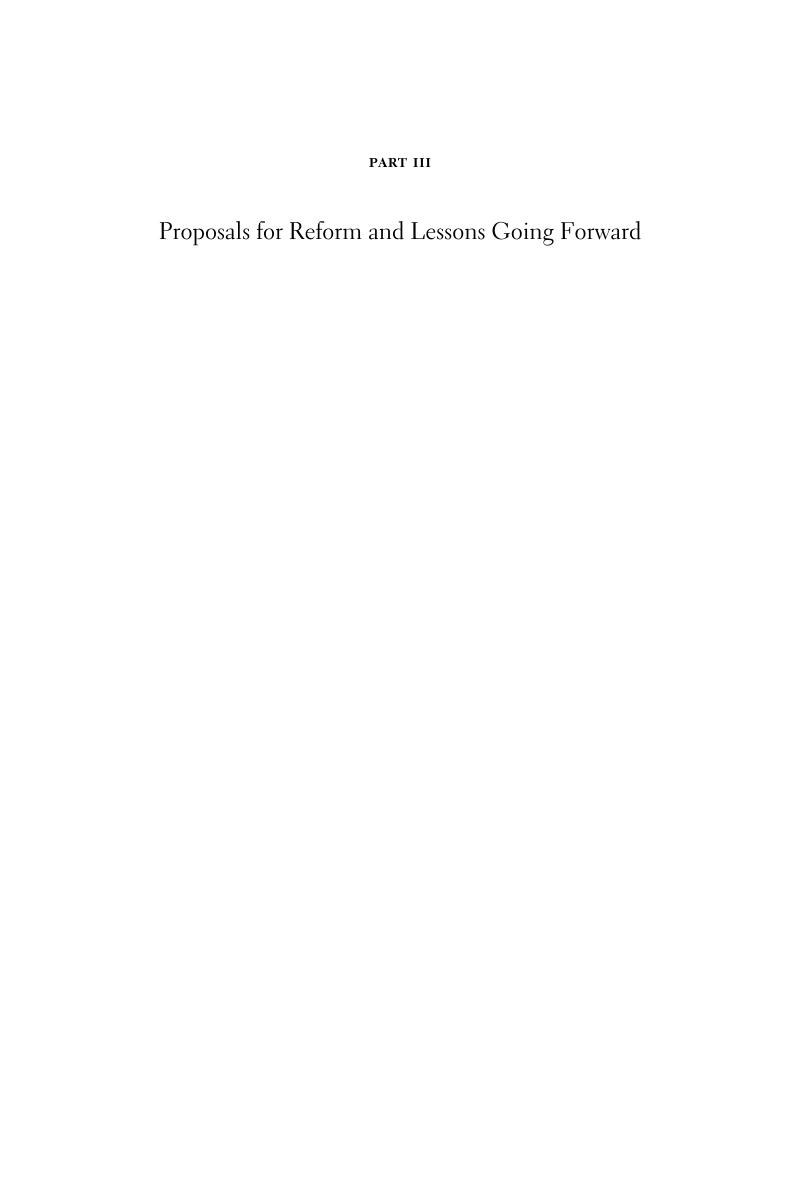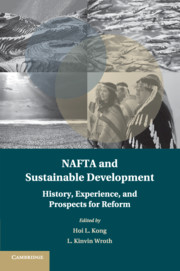Book contents
- NAFTA and Sustainable DevelopmentHistory, Experience, and Prospects for Reform
- Treaty Implementation for Sustainable Development
- NAFTA and Sustainable Development
- Copyright page
- Contents
- List of Editors and Contributors
- Book part
- Introduction
- Part I Process: NAFTA and NAAEC
- Part II Specific Environmental Issues under NAFTA and NAAEC
- Part III Proposals for Reform and Lessons Going Forward
- Index
- References
Part III - Proposals for Reform and Lessons Going Forward
Published online by Cambridge University Press: 05 September 2015
- NAFTA and Sustainable DevelopmentHistory, Experience, and Prospects for Reform
- Treaty Implementation for Sustainable Development
- NAFTA and Sustainable Development
- Copyright page
- Contents
- List of Editors and Contributors
- Book part
- Introduction
- Part I Process: NAFTA and NAAEC
- Part II Specific Environmental Issues under NAFTA and NAAEC
- Part III Proposals for Reform and Lessons Going Forward
- Index
- References
Summary

- Type
- Chapter
- Information
- NAFTA and Sustainable DevelopmentHistory, Experience, and Prospects for Reform, pp. 327 - 390Publisher: Cambridge University PressPrint publication year: 2015



